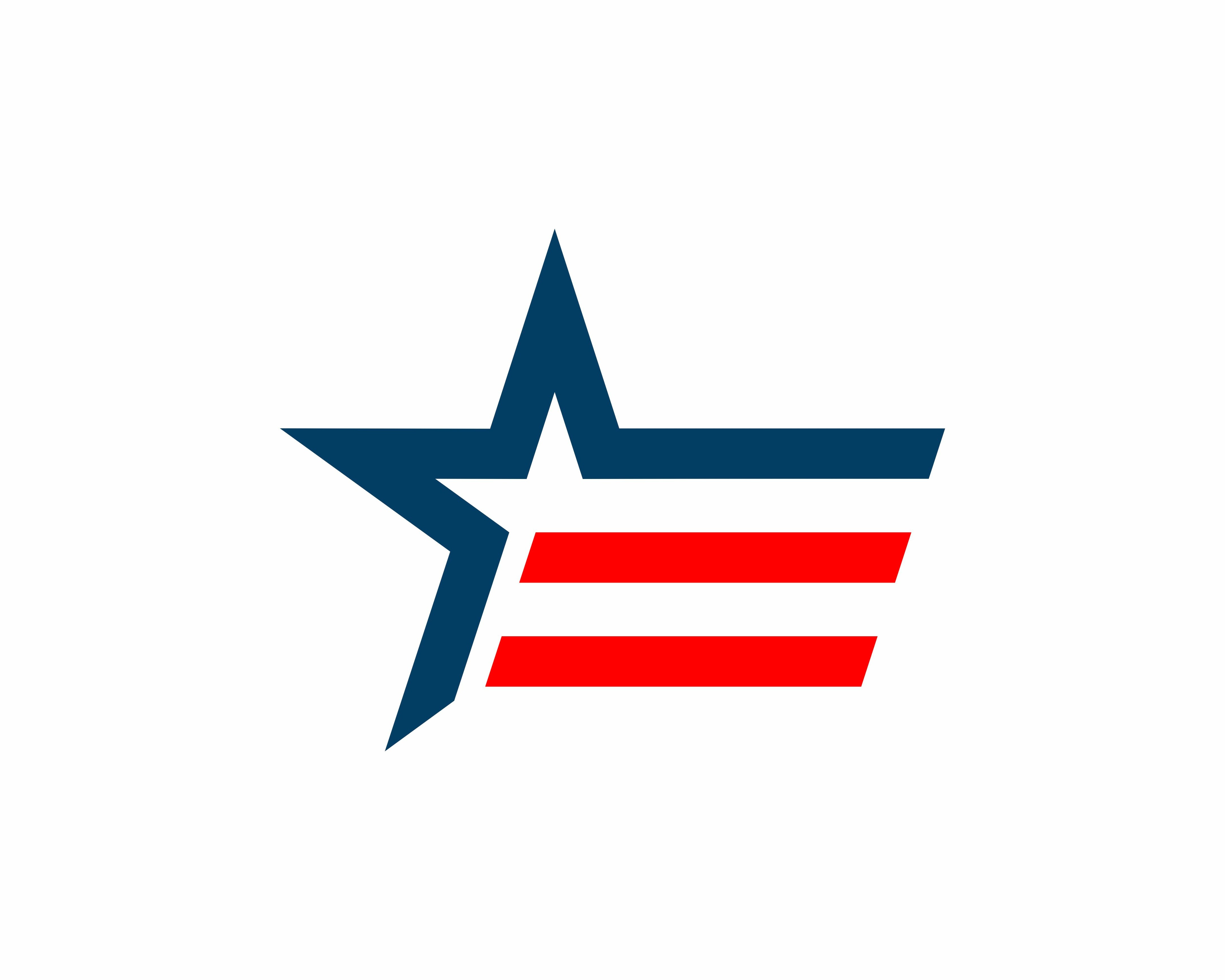
QBI Savings: Maximize Freelancer Tax Deductions
Navigating the labyrinth of tax regulations, including understanding potential tax breaks, the complications of taxation, and the implications of tax reform, can often feel overwhelming for freelancers and small business owners. Yet, amidst the complexity lies a golden opportunity: the Qualified Business Income (QBI) deduction. Introduced by the Tax Cuts and Jobs Act of 2017, this deduction allows eligible self-employed individuals and owners of pass-through entities to deduct up to 20% of their qualified business income. With this deduction available for tax years beginning after December 31, 2017, and ending on or before December 31, 2025, understanding how to maximize this benefit is crucial. Let’s explore how you can make the most of QBI savings and keep more of your hard-earned money.
Key Takeaways
- Understand Eligibility: Not all freelance income qualifies for the QBI deduction. Ensure your business activities meet the criteria set by the Internal Revenue Service (IRS).
- Monitor Taxable Income Levels: The QBI deduction is subject to limitations based on your taxable income. Staying within certain thresholds can maximize your deduction.
- Leverage Additional Deductions: Expenses like self-employed health insurance and retirement plan contributions can lower your taxable income, enhancing your QBI deduction.
Understanding the QBI Deduction
The QBI deduction permits eligible taxpayers to deduct up to 20% of their qualified business income from a domestic business operated as sole proprietorships, through partnerships, publicly traded partnerships, S corporations, trusts, or estates. It’s important to note that income earned through a C corporation or by providing services as an employee does not qualify for this deduction.
What Constitutes Qualified Business Income (QBI)?
Qualified Business Income (QBI) includes the net amount of qualified items of income, gain, deduction, and loss from any qualified trade or business. Generally, this encompasses the deductible part of self-employment tax, self-employed health insurance, and deductions for contributions to qualified retirement plans. However, QBI excludes items such as capital gains or losses, interest income not properly allocable to a trade or business, and wage income.
Eligibility Criteria for Freelancers
As a freelancer, your eligibility for the QBI deduction depends on several factors, including income limits:
- Nature of Services: Certain specified service trades or businesses (SSTBs), such as health, law, consulting, athletics, financial services, and brokerage services, may face limitations based on income levels. If your taxable income exceeds specific thresholds, the QBI deduction for income from SSTBs may be reduced or eliminated.
Income Thresholds and Phase-Outs in 2025
The QBI deduction is subject to income limitations, which can significantly affect freelancers:
- 2025 Income Thresholds: For single filers, the threshold is $182,100, and for joint filers, it’s $364,200 (adjusted annually for inflation).
- Phase-Out Range: If your taxable income exceeds these thresholds, the deduction begins to phase out for specified service trades or businesses (SSTBs). Non-SSTBs may still qualify for the full deduction, but additional calculations apply.
For instance, if you are a freelance graphic designer (non-SSTB) earning below the threshold, you can claim the full 20% QBI deduction on your qualifying income. However, if you’re a high-earning consultant (an SSTB) with income exceeding the phase-out range, the deduction may no longer apply.
Strategies to Maximize QBI Savings for Freelancers
To fully leverage the Qualified Business Income (QBI) deduction, freelancers must adopt proactive and informed strategies. Below, we delve deeper into ways to maximize this valuable deduction:
1. Lower Your Taxable Income with Smart Deductions
The QBI deduction is limited by your taxable income. Lowering this figure can ensure you remain within the threshold for maximum benefits.
Common Deductions for Freelancers:
- Home Office Deduction: If you work from home, deduct a portion of your rent or mortgage interest, utilities, and maintenance costs. Use the simplified option ($5 per square foot, up to 300 square feet) or calculate actual expenses for more significant savings.
- Self-Employed Health Insurance: Deduct the premiums for your health insurance plan, covering yourself, your spouse, and dependents.
- Retirement Contributions: Contributions to retirement accounts not only secure your future but also reduce taxable income. Popular options include:
- Solo 401(k): Contributions are made as both employer and employee, allowing higher limits.
- SEP IRA: Easy to set up and offers flexibility with contributions based on a percentage of income.
- Travel and Meal Expenses: Deduct work-related travel costs, such as flights, hotel stays, and meals. Ensure these are directly tied to your business operations and are well-documented.
- Depreciation of Business Assets: If you purchase equipment such as computers, cameras, or software, you can deduct the depreciation over time or take advantage of the Section 179 deduction to expense the full amount in the year of purchase.
2. Reassess Your Business Entity Structure
The structure of your business significantly impacts your QBI deduction eligibility and potential savings.
Sole Proprietorship vs. S Corporation:
- Many freelancers operate as sole proprietors due to simplicity, but this structure may not always optimize tax savings.
- Operating as an S Corporation allows you to split income into wages and distributions. Only the wages portion is subject to payroll taxes, which can reduce your taxable income while still qualifying for the QBI deduction.
Example:
Suppose your freelance income is $120,000:
- As a sole proprietor, all $120,000 is subject to self-employment tax.
- As an S Corporation, you might pay yourself a $60,000 salary and take the remaining $60,000 as a distribution, reducing payroll tax obligations while still retaining QBI eligibility.
3. Accurate Income Tracking and Allocation
Proper income tracking is essential to ensure your Qualified Business Income is calculated correctly. Freelancers often have multiple revenue streams, making it crucial to categorize income and expenses accurately.
Tips for Accurate Tracking:
- Use accounting software like QuickBooks or Wave to maintain organized financial records.
- Separate personal and business finances by opening a dedicated business bank account and credit card.
- Regularly reconcile your accounts to ensure all business-related expenses are captured.
Allocate Income for Tax Optimization:
If you have passive income, such as rental properties, ensure it is appropriately categorized. Only business-related income qualifies for QBI.
4. Plan for the Income Threshold and Phase-Outs
Understanding how the income thresholds work can help you strategically plan your finances.
Actionable Steps:
- Defer Income: Postpone receiving payments until the following tax year to keep taxable income below the QBI deduction threshold.
- Accelerate Expenses: Prepay business expenses, such as insurance premiums or equipment purchases, before year-end to reduce taxable income.
- Bundle Deductions: Time deductions like charitable donations or large purchases in one tax year to lower your taxable income strategically.
5. Maximize W-2 Wages and Qualified Property Limitations
For taxpayers above the QBI threshold, the deduction is calculated based on:
- 50% of W-2 wages paid by your business.
- 25% of W-2 wages + 2.5% of the unadjusted basis of qualified property used in the business.
W-2 Wages:
If you operate as an S Corporation or are involved in a publicly traded partnership, consider paying yourself a reasonable salary to meet the W-2 requirement. Freelancers without employees may not benefit from this limitation but can focus on qualified property.
Qualified Property:
Ensure assets like real estate, vehicles, or machinery used in your business are properly classified to count toward the property limitation.
6. Work with a Tax Professional
Freelancer taxes can be complex, especially with QBI rules and phase-outs. A tax professional can:
- Identify eligible deductions unique to your business.
- Run projections to determine how adjustments impact your taxable income and QBI deduction.
- Advise on the most tax-efficient business structure for your circumstances.
7. Stay Compliant and Organized
Tax compliance is critical to retaining the QBI deduction. IRS audits often target self-employed individuals, so maintaining thorough records is essential.
Best Practices:
- Keep detailed receipts and invoices for at least three years.
- Use digital tools to scan and store expense receipts for easy access.
- Document your business use of assets, like vehicles or home offices, to justify deductions.
Understanding Limitations for SSTBs
Freelancers in specified service trades or businesses (SSTBs) face unique challenges. For high-income SSTBs, the deduction phases out entirely once taxable income surpasses the phase-out cap.
For example:
- A freelance financial consultant earning $450,000 in taxable income will likely lose the QBI deduction entirely.
- Conversely, a web developer (non-SSTB) earning the same amount may still qualify for the deduction but must navigate W-2 wage and property limitations.
Key IRS Updates for 2025
The IRS has made several updates relevant to QBI and freelancer tax deductions for the 2025 tax year:
- Inflation Adjustments: Income thresholds and phase-out ranges have been adjusted for inflation.
- Documentation Requirements: Stricter rules mandate proper documentation to support QBI calculations. Freelancers should retain records such as 1099 forms, business invoices, and expense receipts.
- Expiration of QBI Deduction: Unless extended by Congress, the QBI deduction is set to expire after 2025. This makes it critical for freelancers to take full advantage of it now.
FAQs About the QBI Deduction for Freelancers
Can all freelancers claim the QBI deduction?
Not all freelancers qualify. Your business type, income level, and whether you operate in an SSTB influence eligibility. Always consult IRS guidelines or a tax professional.
How does the deduction interact with other freelancer tax deductions?
The QBI deduction is separate from other deductions like business expenses or self-employed health insurance. However, these deductions lower your taxable income, potentially increasing your QBI deduction.
What happens if my income exceeds the thresholds?
If your income surpasses the thresholds, your deduction may phase out or require additional calculations, especially for SSTBs. Non-SSTBs may still qualify, but limitations on wages and property apply.
Seize the Opportunity: Maximize Your QBI Deduction
The QBI deduction is a powerful tool for freelancers to reduce taxable income and retain more of their hard-earned money. By understanding eligibility requirements, leveraging deductions, and maintaining accurate records, you can maximize this opportunity in 2025. With the deduction’s potential expiration on the horizon, now is the time to act. Consult a tax professional to ensure you’re fully optimizing your QBI savings and staying compliant with IRS regulations.
Need More Time to Finish your 2024 Tax Return? File a Tax Extension & Delay Tax Day until October 2025.
Get an instant 6-month extension in just 5 minutes, with no IRS explanation needed. The fast, streamlined online process makes filing simple, so you can avoid penalties and get extra time to prepare.
Get Started
